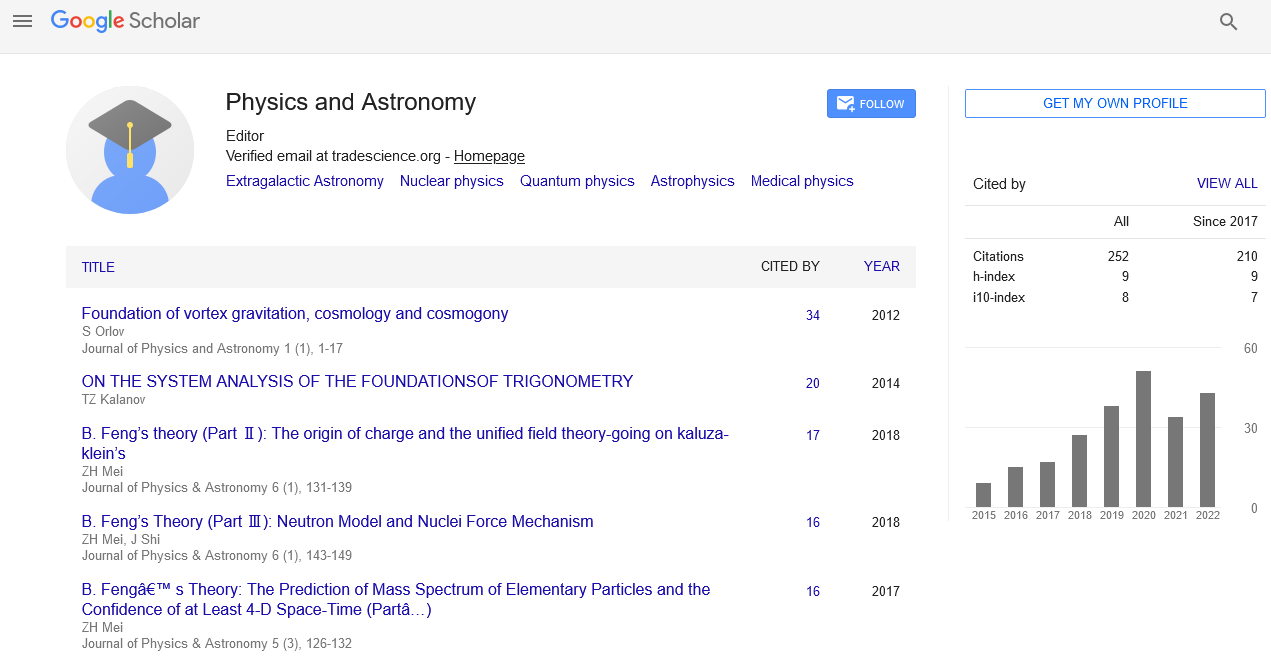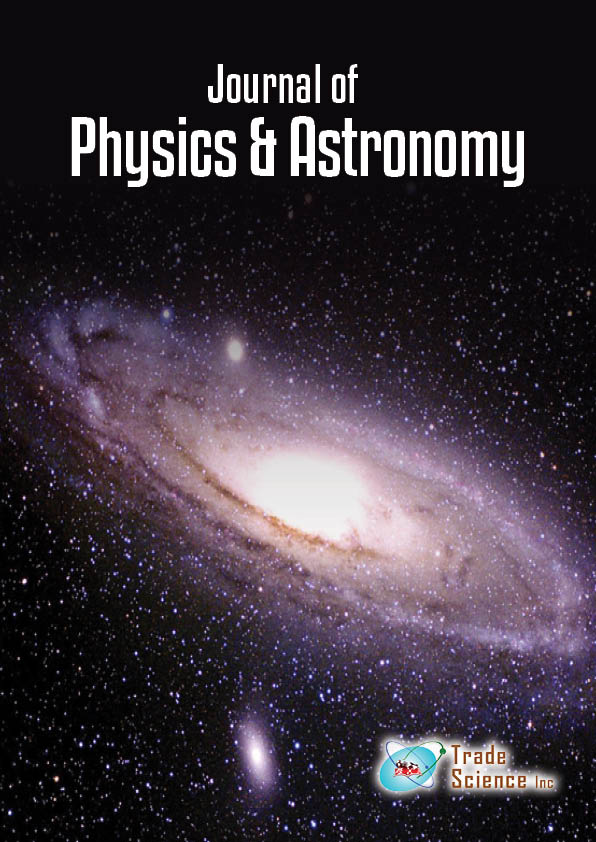Abstract
A Theory On Black Hole Dynamics
Author(s): Najmuj Sahadat SarkarI basically showed in this paper that the luminosity of a black hole is inversely proportional to the square of its mass. By applying some simple math we can relate mathematical properties to each other very easily. My paper says that the lower the mass of the black hole, the higher its luminosity. This mass-luminosity relation is completely different from the Eddington mass-luminosity relation. This means that if a black hole has less mass, its luminosity will be higher. But if the mass of the black hole is more, its luminosity will be less. I explained it this way, in the case of a low mass black hole, most of its mass is converted into energy. For which its mass is less. So its luminosity is high, and it’s also the reason of low surface area. But in case of black hole with more mass, its surface area will be more. So with more surface area, it becomes more likely that more anti-matter will enter there through Quantum Fluctuations. And it will reduce its mass energy density. If the mass density decreases, the mass will decrease. For which he will not get sufficient mass, so that he can eject an intense radiation. Let’s describe it again. The density of a small black hole is much higher, so its gravitational pull is much higher. It will then begin to consume large amounts of matter. Try to consume as much matter as possible. As a result, there will be a possibility to increase its size. And converting most of the ingested matter into energy. As a result, its luminosity will be higher. But in the case of a large black hole, the density is not high. It cannot be more compact than any small black hole. So its gravitational pull will be considerably less. It cannot consume more matter through the accretion disc. Since the black hole is bigger in terms of size, its surface area will be more. Having more surface area means that the possibility of anti-matter entering it or interacting with the surface will also increase a lot. And it's all quantum mechanically happened. Anti-matter will reduce the mass density of the black hole. As a result, the energy of the black hole will decrease. Its size will gradually disappear. Its entropy will decrease. Once the black hole will evaporate through hawking radiation.

